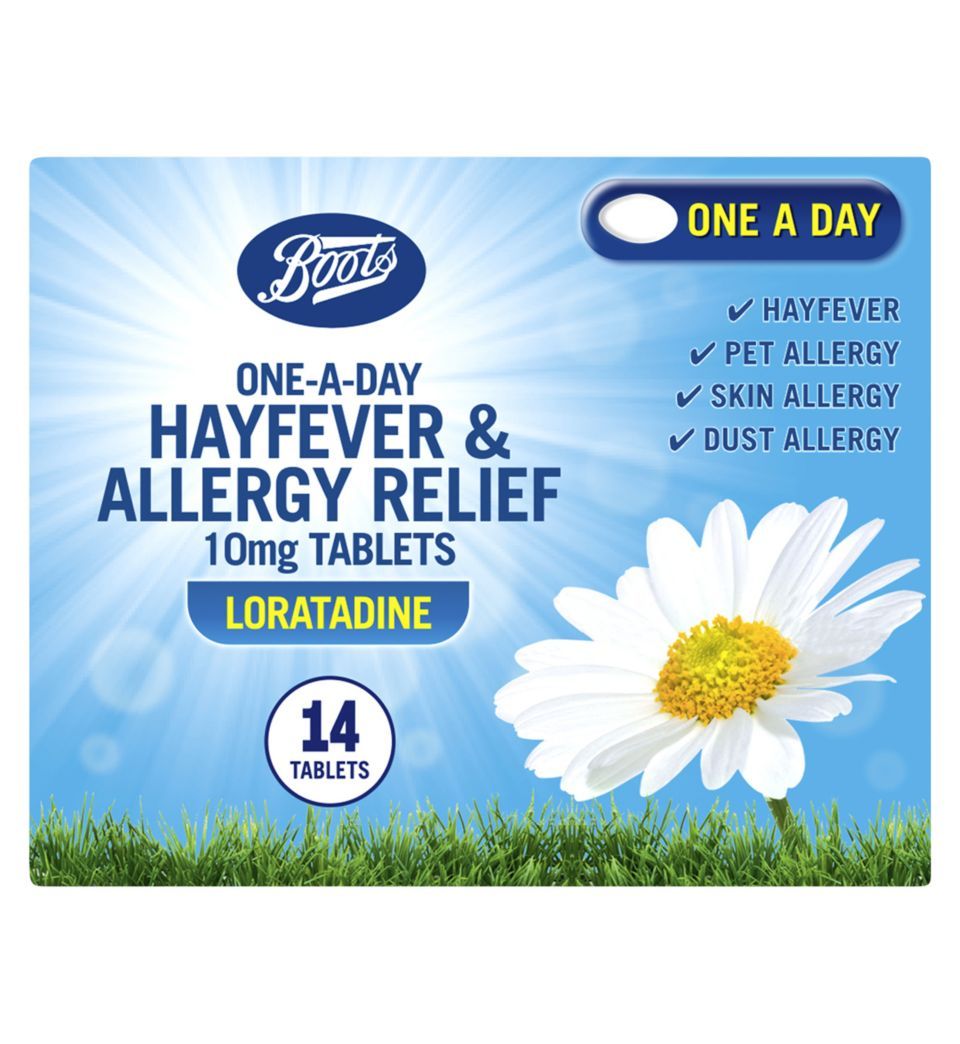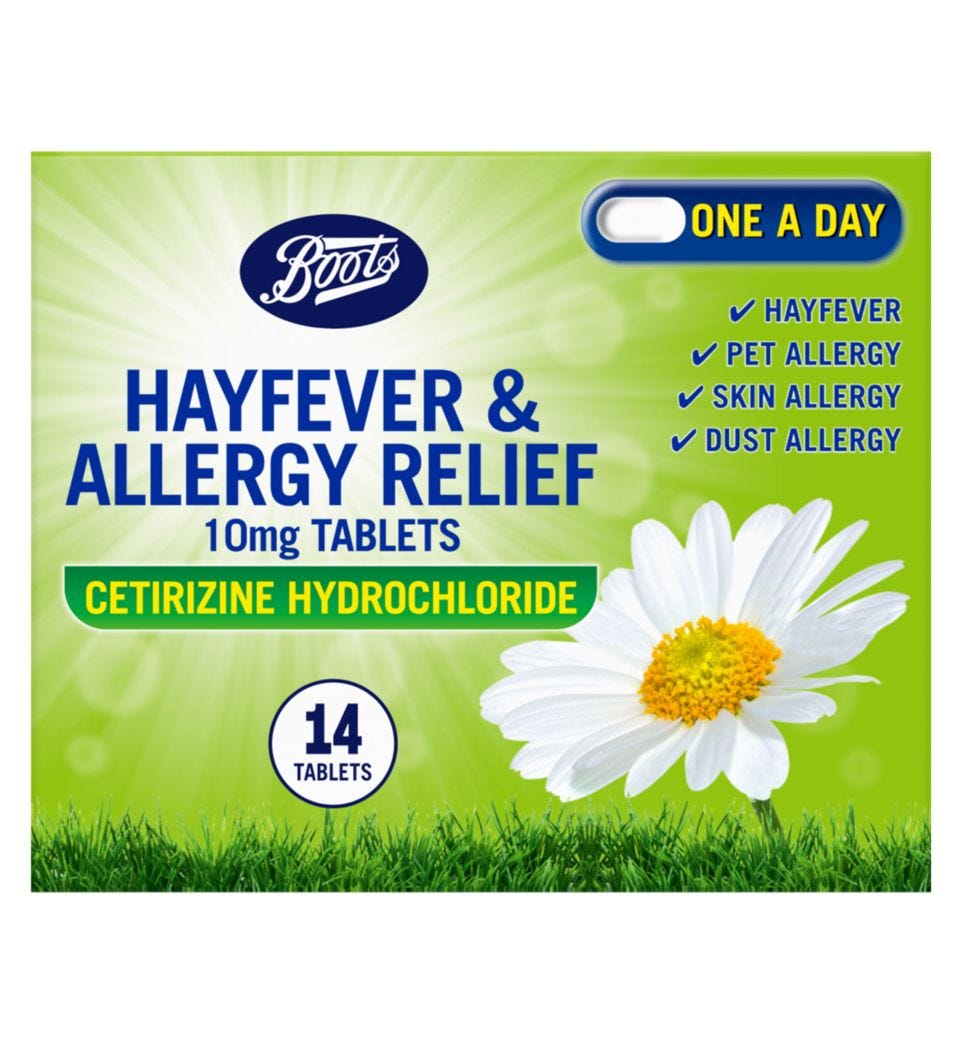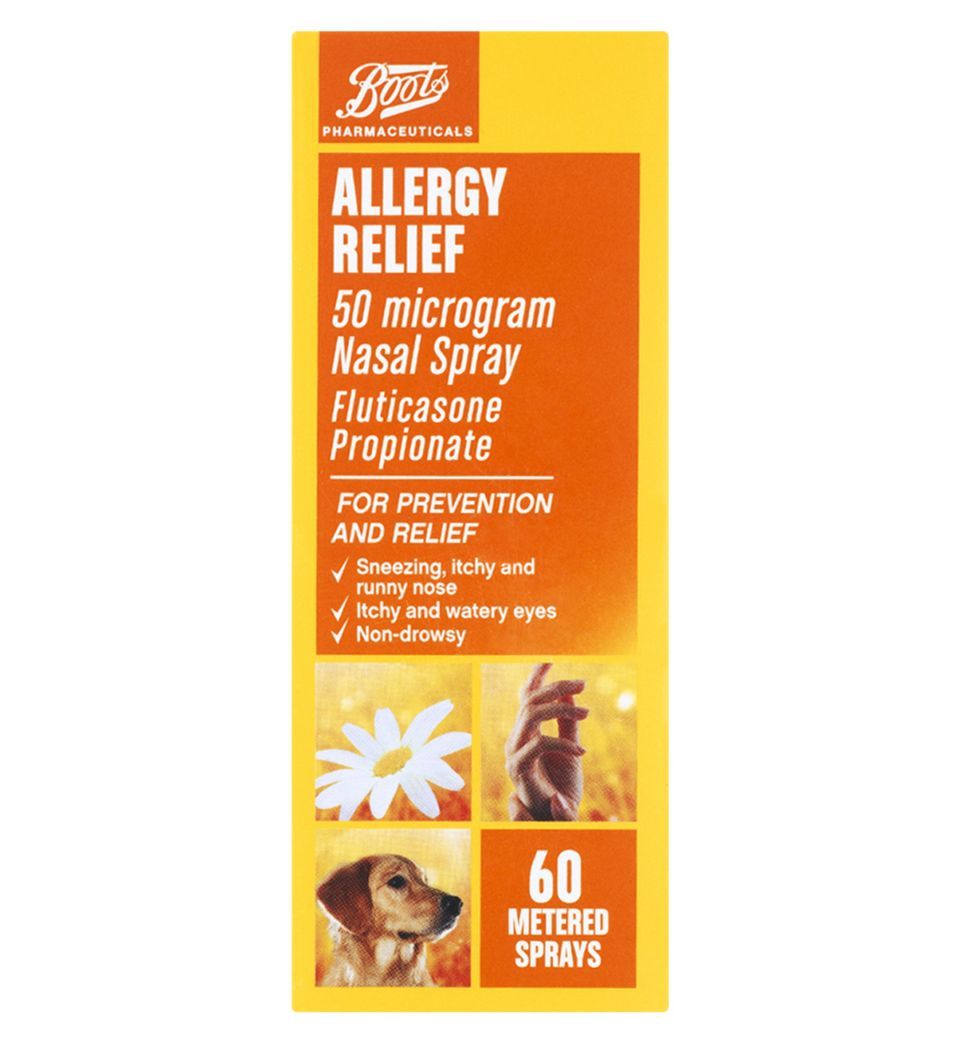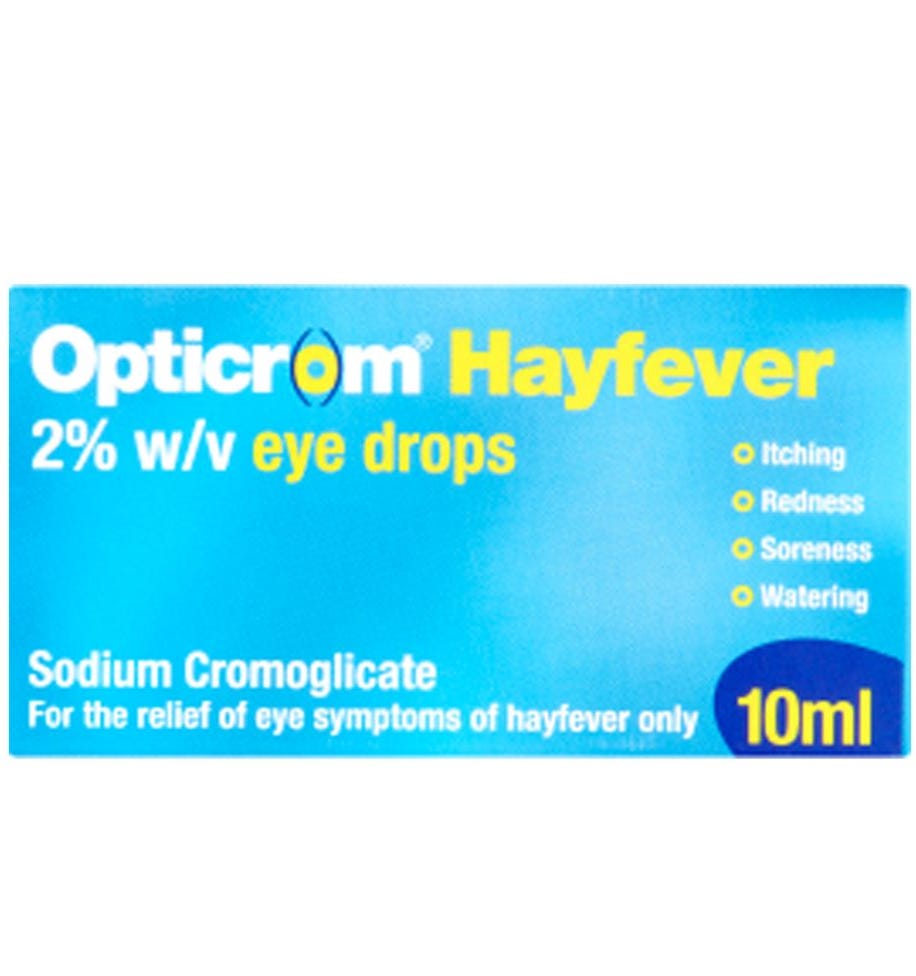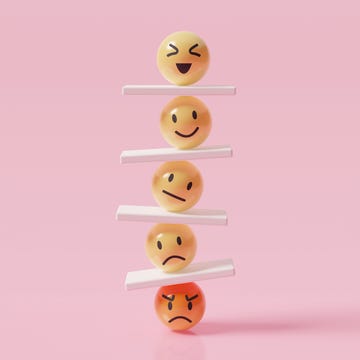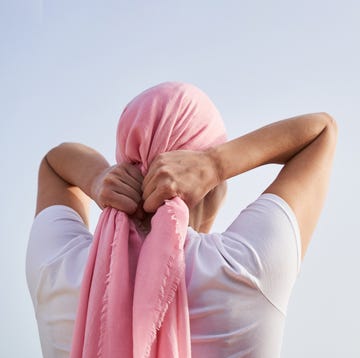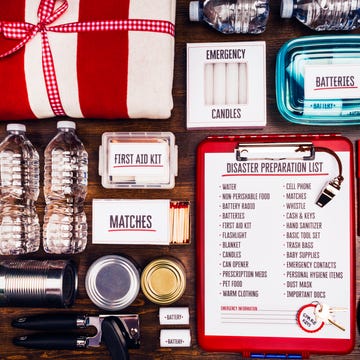Hay fever season is upon us once again and with it, a host of unwelcome and bothersome symptoms.
So if you are struggling and wondering what to do, then listen up. We have spoken to the experts to find out everything you need to know about managing your seasonal allergies effectively.
From what symptoms it causes and why (including that niggling cough), to how to find the right medicine and why it may not be working as expected, here's everything you need to know about hay fever and how to deal with it...
Can hay fever cause coughing?
Wondering if you've got hay fever, a cold, or something else entirely? The short answer is yes, hay fever can cause you to cough. This is usually the product of postnasal drip (that's mucus from the back of your nose dripping down your throat, triggering a cough reflex).
If yours is the result of hay fever, then you are likely to experience some of these common symptoms too...
- Sneezing, and a bunged-up or runny nose
- An irritated throat
- Itchy, red or watery eyes
- Tiredness
- Wheeziness or chest tightness can occur in people with asthma
On the other hand, hay fever doesn’t cause a high temperature and most people don’t feel unwell. So if your cough is accompanied by these symptoms, the problem may lie elsewhere.
What causes hay fever?
"One in three adults in the UK now have some form of allergy and, out of these, one in four will be caused by hay fever or allergic rhinitis," says leading expert Stephen Durham, Professor of Allergy and Respiratory Medicine at Royal Brompton Hospital London
While 95% of the UK’s 15m hay fever sufferers react to grass pollen, released from May to August, an increasing number are now experiencing symptoms from March and this is due to sensitisation to tree pollen, which is often being released earlier due to shifting weather patterns, says Professor Durham.
It is thought that 25% to 30% of hay fever sufferers react to Birch pollen, which stays high through April, and about 10% have sensitivity to fungal spores, the third commonest cause of allergic rhinitis.
Want to keep an eye on the kind that plagues you? Dr Adams-Groom provides a pollen calendar and a wealth of information on the National Pollen and Aerobiology Research Unit website.
Main causes of hay fever
- Tree pollen – Alder is released from January into March. Birch pollen began in late March and remains high to mid-May.
- Grass pollen is released from May to July.
- Fungal spores peak in summer to late autumn, but can be found in the air all year round.
Which hay fever treatment is best?
Most people can get good relief with one of two over the counter antihistamines, such as loritadine or ceritizine.
"Try loritadine first, as it is non drowsy," advises Professor Durham. "Cetrizine is more effective but between 10% and 20% get mild drowsiness."
If loratidine doesn’t work and cetirizine makes you sleepy, fexofenadine is a prescription antihistamine you can ask your GP about.
Nasal steroid sprays can be used in addition or on their own but need to be started a week ahead of symptoms.
Why is my hay fever treatment not working?
If your hay fever medicine does not appear to be working, there may be a variety of reasons, including not taking medication continuously, especially once symptoms ease (perhaps on low pollen days), and not starting medication at the first hint of symptoms. Both are common mistakes to avoid.
Only one in ten people with allergic rhinitis taking medication correctly don’t respond to antihistamines, estimates Professor Durham: "They’re the people offered immunotherapy and, of those, 80% respond."
Your GP will need to refer you to an NHS allergy clinic for immunotherapy, which requires identification of the allergen, usually with skin prick tests. Small amounts of pollen are then given either as a tablet or injection to build up immunity well ahead of the hay fever season.
The good news is it can be effective in the first year and three years of continuous treatment gives a minimum of two years' protection after stopping the treatment, says Professor Durham.
The downside is that there can be a long wait for an appointment at an allergy clinic and unfortunately it does not work for everyone.
How to reduce hay fever symptoms
- Monitor pollen forecasts. For all year round forecasts, a regional pollen calendar and more, visit Worcester.ac.uk or see the Met Office website for forecasts from March on onwards.
- Aim to take medication at the first hint of symptoms or a week ahead in the case of steroid nasal sprays.
- On high pollen count days, stay indoors when possible, wash your hair and change your clothes when you get home, and avoid drying clothes outside.
- Consider investing in wrap-around sunglasses to help protect your eyes.
- Try applying a barrier balm around the edge of each nostril to help trap pollen.
For more advice on how to treat hay fever and reduce hay fever symptoms, visit Allergyuk.org, or speak to your pharmacist or GP. You can also visit the NHS website for more advice.
Like this article? Sign up to our newsletter to get more articles like this delivered straight to your inbox.
In need of some positivity or not able to make it to the shops? Enjoy Good Housekeeping delivered directly to your door every month! Subscribe to Good Housekeeping magazine now.



